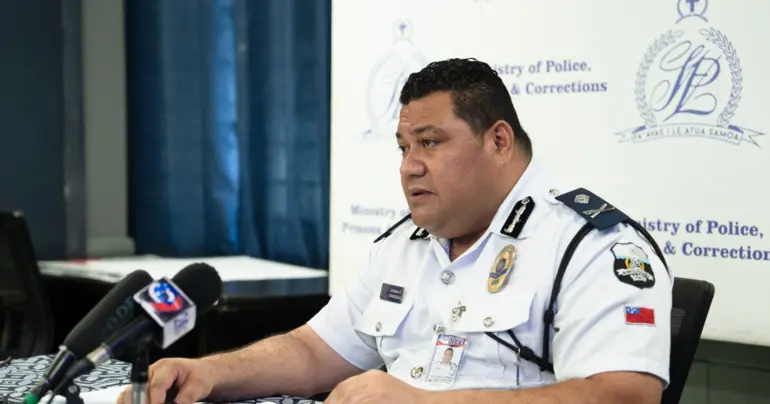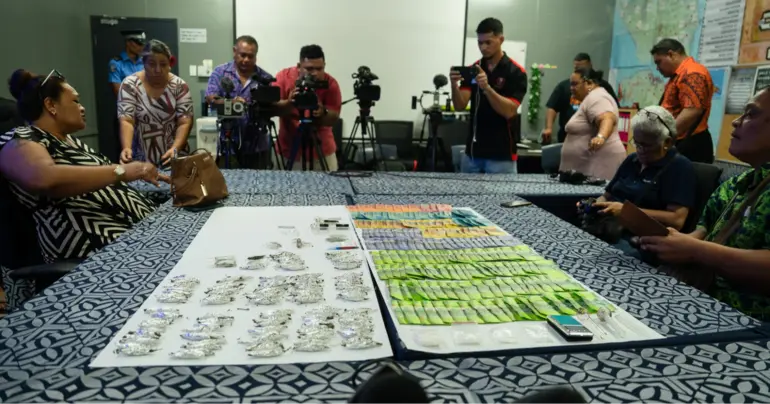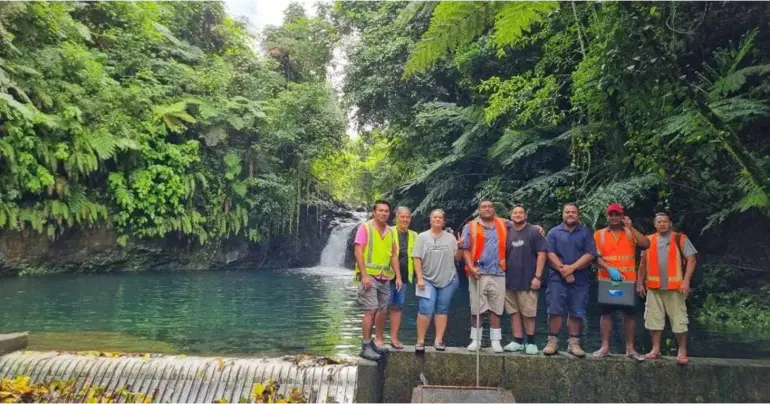P.M. says education key to recovery
 By Adel Fruean
•
30 September 2020, 11:00AM
By Adel Fruean
•
30 September 2020, 11:00AM
The Prime Minister, Tuilaepa Dr. Sa'ilele Malielegaoi, has stressed the importance of education to help all nations recover from the impact of the coronavirus pandemic.
Tuilaepa was speaking during the Global Education Compact Virtual meeting. He was joined by the President of Ethiopia, Sahle–Work Zewde, the United Nations Educational, Scientific and Cultural Organisation (U.N.E.S.C.O.) Director General, Audrey Azoulay, the C.E.O. of Microsoft, and other panelists, according to a press statement by the Samoan Government.
The virtual meeting provided an opportunity for Samoa to share with the world its experience of the lockdown and its impact on education.
“In the context of the current crisis, we have witnessed impressive creativity and a spirit of innovation and collaboration to ensure that learning never stops,” said Tuilaepa.
He also added that Samoa responded to the COVID-19 pandemic using diverse technologies- radio, TV, the internet, and "blended learning modalities".
“The coverage and effectiveness of remote educational responses, however, face many challenges," he said.
“These include gaps in familiarity with technology, lack of practice in using technology, challenges in access to the internet, high cost of technology and connectivity, gaps in parents' ability to support homeschooling for their children, and increased workload for mothers in particular.
“The continuity of education is important for children's overall well-being, health, and safety. Schools should be prioritized among the first institutions to be opened as societies reopen if this can be done safely.”
In addition, virtual education can complement classroom education and can be a substitute, only at the cost of decreased learning outcomes and psycho-socially challenged children.
“Children from lower-income households are most at risk of exclusion. When parents are stressed and the household is struggling, children too bear the brunt," he said.
“The school offers a safe space for children in such situations. Some of these issues prompted us to bring children back to school.
“In Samoa, we reopened the schools adhering to the guidelines from U.N.E.S.C.O., the United Nations Children's Fund, and the [World Health Organisation] W.H.O. to help keep schools and communities safe, we are using a combination of strategies like limiting attendance numbers and some social distancing.”
He also mentioned that safe reopening also depends on the extent of community infection that makes students and staff more likely to infect others or be infected.
“We managed Samoa's borders from early on to prevent COVID-19 infection reaching Samoa." he said.
“It was a difficult decision and fraught with challenges however each country has to make a decision on the most important safeguards for its context.
“We approved $18 million as special assistance to support education, including early childhood education and $10 million for teachers.”
Samoa will mobilise additional resources to build back more resilient, inclusive and gender-responsive education systems, with emphasis on measures to support the learning continuity of the most marginalised students, the Government release said.
U.N.E.S.C.O.’s leadership was acknowledged for its role in the mobilisation of United Nations organisations, regional organisations, the private sector, civil society and media and academia to launch the Global Education Coalition.
In Samoa, the coalition support includes a tripartite agreement among U.N.E.S.C.O.-Ministry of Education, Sport and Culture and Vodafone to provide learners free online access to education resources, free data to curated online learning sites, and the hosting of teaching and learning resources.
 By Adel Fruean
•
30 September 2020, 11:00AM
By Adel Fruean
•
30 September 2020, 11:00AM











